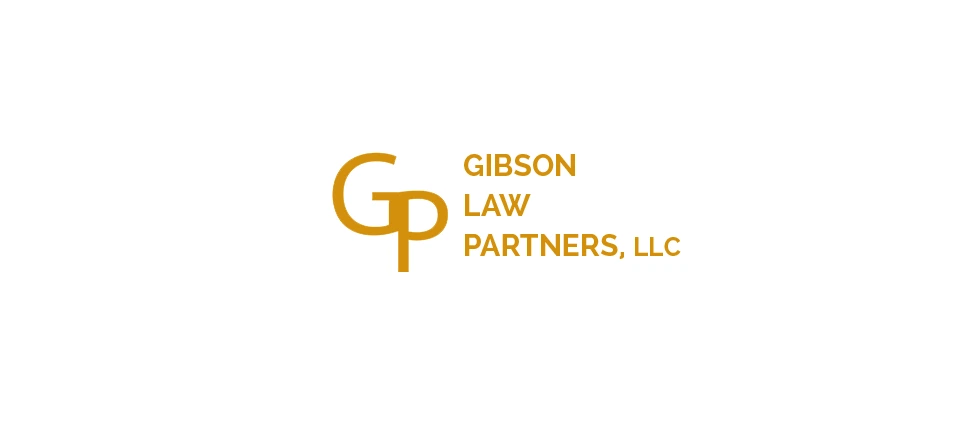Understanding unfair business practices

When a small business is struggling to be successful, or just struggling to survive, competition from other businesses can cause a terrible strain. Ultimately, healthy competition can be productive, but sometimes competition is unhealthy or even illegal. Business owners should be aware of the law regarding unfair competition and unfair business practices.
Examples of unfair business practices
Some common examples of unfair business practices are:
- Trademark infringement: Trademark infringement is a complex subject. It can involve the appropriation of another party’s business name, logo or other identifying characteristics in a way that can deceive or confuse consumers.
- Misappropriation of trade secrets: Trade secrets are not necessarily protected by intellectual property laws such as trademark, patent or copyright law, but they can be crucial to maintaining a business advantage. When another party misappropriates a trade secret, such as a recipe from a restaurant, for monetary gain, they may be liable for committing an unfair business practice.
- Unauthorized substitution of one brand of goods for another: Sometimes referred to as a bait and switch, this type of behavior may be actionable in different ways based on the nature of the bait and switch that has occurred.
- Falsely representing products or services: This can include making materially misleading product warranties or guarantees. When this fraudulent activity gives one business a market advantage over others, it may be considered an unfair business practice.
- False advertising: This includes exaggerated claims about a product or service that are false or misleading. Once again, this type of activity can fraudulently create a market advantage for one competitor over another.
- Securities fraud: Securities fraud can also be considered an unfair business practice in some instances.
Many unfair business practices are also what are considered business torts which means that the victim of an unfair business practice may have a legal remedy or recourse. Business owners who feel they have been the victims of unfair business practices can speak to an attorney with experience in business law and business torts to learn more about their options.

